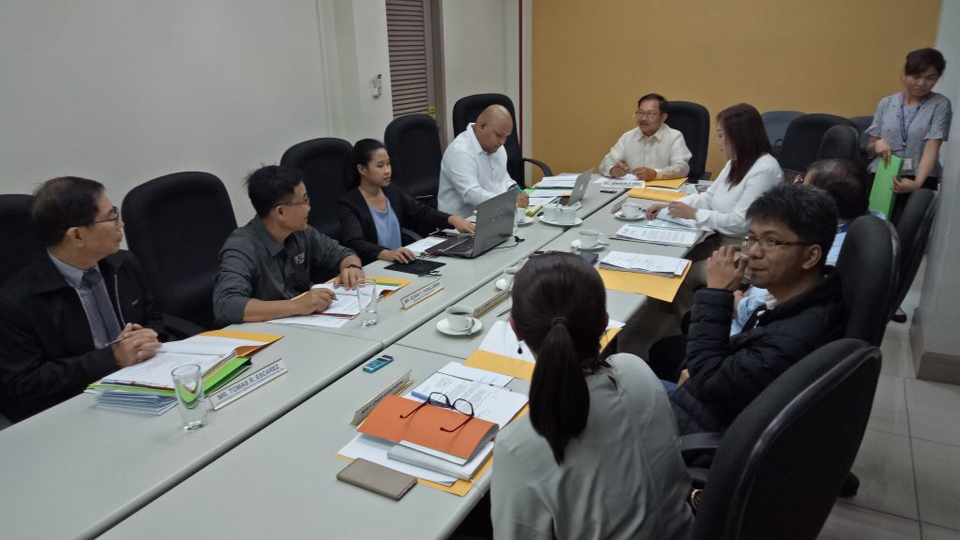
The National Food Authority Council (NFAC) has approved on October 23, 2018 the guidelines for the Suggested Retail Price (SRP) that will be imposed for imported and locally produced rice sold in Metro Manila markets.
The approval one day after the consultation with rice stakeholders.
Based on the discussion with the NFAC and rice stakeholders, the SRP for locally produced rice are as follows: regular milled at P39/kilo, well-milled at P44/kilo, and premium long grain at P47/kilo.
The board also approved the SRP for imported rice: P39/kilo on imported well-milled rice, P43/kilo on imported premium rice PG1 (rice from Thailand and Vietnam), and P40/kilo on imported premium rice PG2 (rice from China and Pakistan).
Agriculture Secretary Manny F. Piñol also announced that standardized labels will be used, and fancy names such as “Mindoro Dinorado”, “Senandomeng”, “Double Diamond”, and “Yummy Rice” will be not be allowed to prevent mislabeling and public deception.
“This is fair trading. All rice varieties in the country are registered under NSIC. You can’t just provide your own names,” Piñol said.
The council also agreed that no SRP will be imposed for Special Rice, which includes real Dinorado, Jasmine, Milagrosa, Jasponica, Doña Maria, Organic rice (Brown, Red, and Black), Cordillera’s Heirloom Rice, Hinumay, Malido of Iloilo, Kamoros of Mindoro, and Malagkit.
“I also think we can consider some of the PhilRice varieties (RC 218 and RC 160) as special rice because in reality, they are sold at higher price,” Piñol said.
According to the Secretary, the adjustments to be implemented are meant to protect not only the consumers but also the traders and retailers.
The implementation of SRP will start on October 27 following requests from the rice industry for a three-day preparation period in retail outlets.
Fifteen days after the publication of the SRP, violators will be slapped with penalties and sanctions including the cancellation of permits, imprisonment for four months up to four years, and a P1-million fine.
The SRP will initially cover Metro Manila and Greater Manila areas. There will be separate consultations with the supermarkets and regional stakeholders by next week. (Kristel Merle/DA-AFID)














